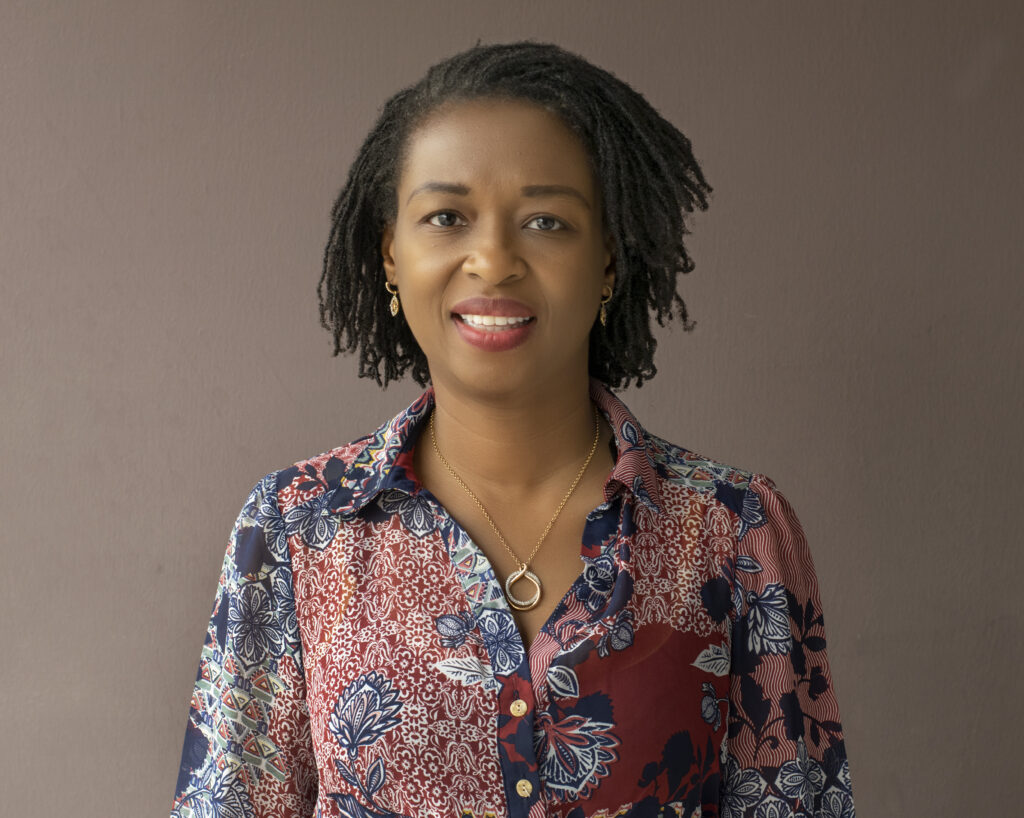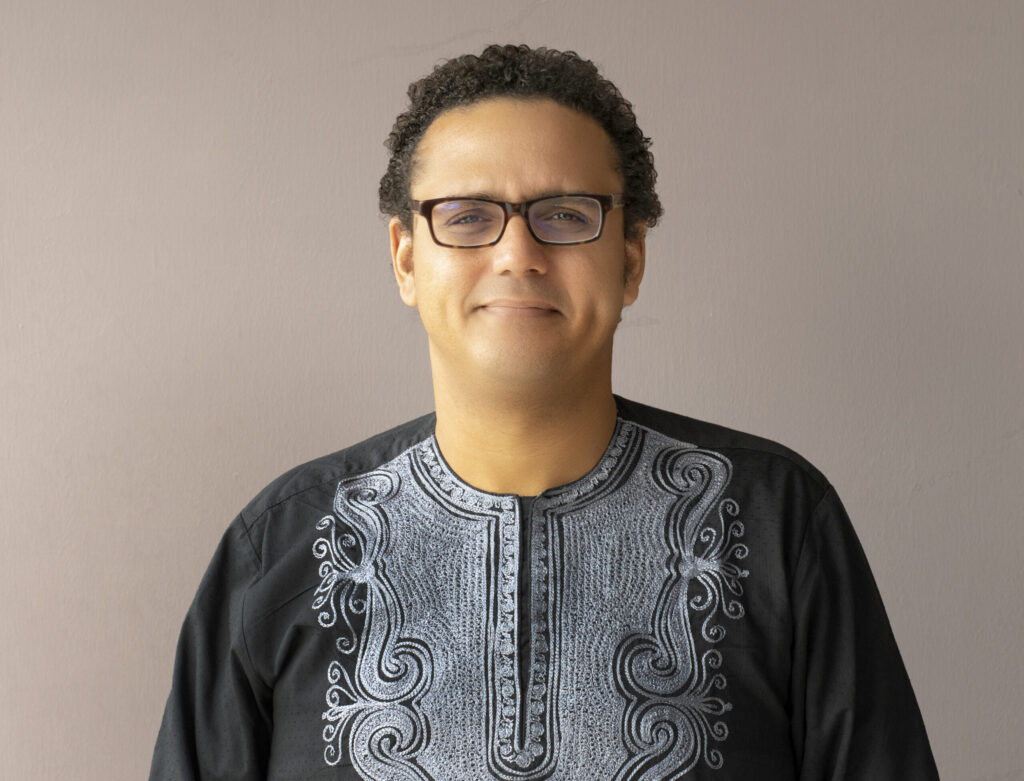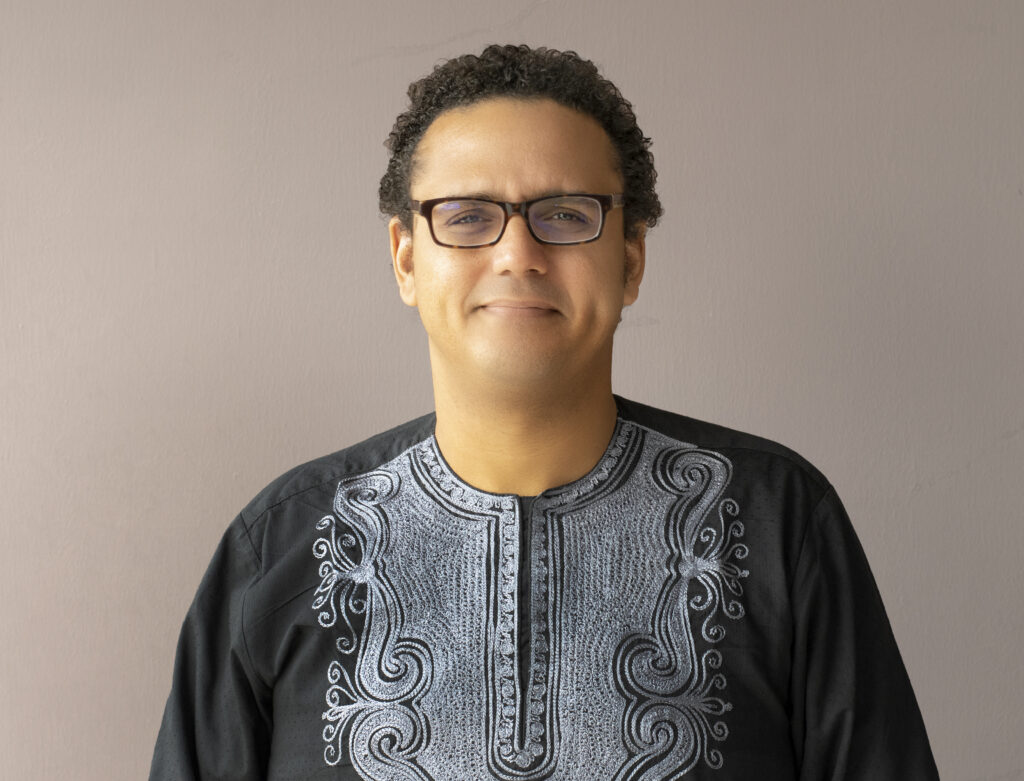
Happy New Year and welcome to the year 2022.
The year 2021 was filled with a lot of positives for farmers and the agricultural industry, the lifting of Covid19 restrictions which affected farmers productivity in 2020; Climate Change Conference 2021 (COP26), new agricultural technologies and more.
Despite these gains, there is more to be done to strengthen the agricultural industry. The world’s population is expected to increase by 1.09% annually, which means an increase in the rate of food consumption. By 2050 it is expected that the world’s population would be over 9 billion, meaning that there will need to be a significant increase in agricultural production required to meet this demand. To remain productive and address relevant needs, industries like agriculture must leverage the following emerging trends
Agricultural Trends to Look Out for in 2022
- Increased Adoption of Artificial Intelligence for Soil and Plant Health Monitoring.
- Use of Modern Technology.
- Attracting Talents Through Agritech
- Increased Use of Climate Friendly Agricultural Practices
- Higher Food Consumption Rate

1. Increased Adoption of Artificial Intelligence for Soil and Plant Health Monitoring.
The use Artificial intelligence (AI) is changing the way farmers go about their day-to-day activities. The use of soil and plant health monitoring system will enable farmers to monitor their farms more efficiently, particularly farms sitting on a large piece of land. More farmers are expected to be open to adopting this technology in 2022.
Read this blog post to learn more about artificial intelligence in farming.
2. Use of Modern Technology.
Just as the adoption of Artificial Intelligence is expected to increase, so too is the use of modern-day technology for agricultural activities. One of the major hindrances to agricultural productivity in Nigeria is the use of traditional tools for farming activities, however, farmers are beginning to realise that investing in the use of agricultural technology (agritech) such as mechanised threshers, tractors, automated irrigation, agricultural drones and more will help scale their agribusiness.
3. Attracting Talents Through Agritech
More talent is expected to join the agricultural sector in 2022 from other sectors through due to the increasing adoption importance of agricultural technology. The growing influence of Agritech is also expected to improve access to funding opportunities, farm inputs, technological innovations and digital solutions in the agricultural sector.
If you are looking to work in the agricultural sector, read this to see Careers in Agriculture you can consider or check out the top 8 in demand agritech jobs.
4. Increased Use of Climate Friendly Agricultural Practices
The impacts of climate change such as flooding, erosion, heat waves and more will affect crop yield, soil nutrition, the nutritional quality of major cereals, and livestock productivity.
Farmers are expected to embrace more climate-friendly agricultural practices in 2022 such as crop rotation, planting cover crops, mulching etc., in order to ensure they are able to maximise their agricultural output.





